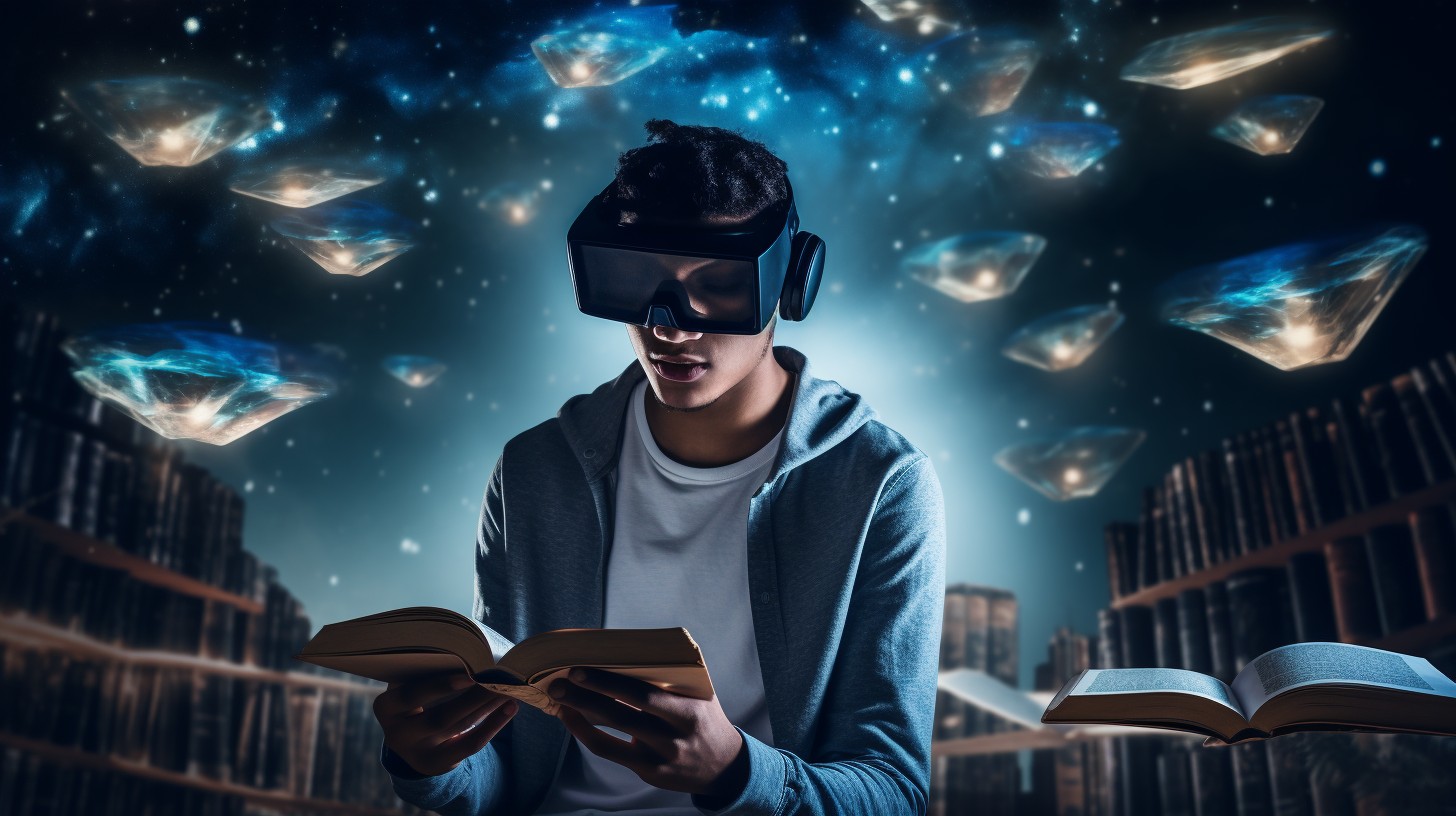Dec 8, 2023
Introduction
In the heart of innovation and technological advancement, Singapore is embarking on a groundbreaking journey in education through the integration of immersive learning in the metaverse. This dynamic approach to education is reshaping traditional teaching methods, offering students in the Lion City a more engaging and interactive learning experience. In this blog post, we delve into the transformative power of immersive learning in the metaverse and its impact on education in Singapore.
The Metaverse as a Classroom:
Breaking Physical Barriers:
The metaverse allows students in Singapore to transcend the limitations of physical classrooms. Through virtual reality (VR) and augmented reality (AR), learners can participate in classes, collaborate with peers, and engage with educational content from the comfort of their homes or school environments.
Interactive and Engaging Content:
Immersive learning in the metaverse introduces a level of interactivity that captures students' attention and encourages active participation. Whether it's exploring historical events, conducting virtual science experiments, or collaborating on 3D projects, the metaverse transforms education into a dynamic and engaging experience.
Virtual Field Trips and Experiences:
Singaporean students can embark on virtual field trips that transcend geographical constraints. From exploring ancient civilizations to taking a journey through the human body, immersive learning in the metaverse brings subjects to life, providing a level of realism that enhances understanding and retention.
Customized Learning Paths:
The metaverse leverages artificial intelligence to tailor learning experiences based on individual needs and learning styles. This personalized approach ensures that students in Singapore receive content and challenges that align with their unique strengths and areas for growth.
Case Studies:
Innovative Learning Platforms:
Educational institutions in Singapore are partnering with tech companies to develop innovative learning platforms in the metaverse. These platforms offer a diverse range of courses, interactive modules, and collaborative projects, creating a rich and varied educational experience for students.
Real-World Applications in Education:
Singaporean schools are incorporating real-world applications into their curriculum through immersive learning. Students can, for instance, simulate business scenarios, practice problem-solving in realistic environments, and develop skills that directly translate to the demands of the workforce.
Challenges and Future Outlook:
While immersive learning in the metaverse holds immense promise, challenges such as the accessibility of VR/AR devices, concerns about screen time, and the need for teacher training in these technologies are pertinent. As Singapore continues to invest in technology and education infrastructure, these challenges are expected to be addressed, paving the way for a more inclusive and seamlessly integrated immersive learning experience.
Conclusion

Immersive learning in the metaverse represents a paradigm shift in education in Singapore. By embracing these technologies, Singapore is not only preparing its students for the challenges of the future but also fostering a culture of innovation and adaptability. The metaverse is not just a virtual space; it is a dynamic classroom where the boundaries of traditional education are redefined, and the potential for learning knows no limits. Singapore's journey into immersive learning heralds a future where education is not just informative but transformative.





